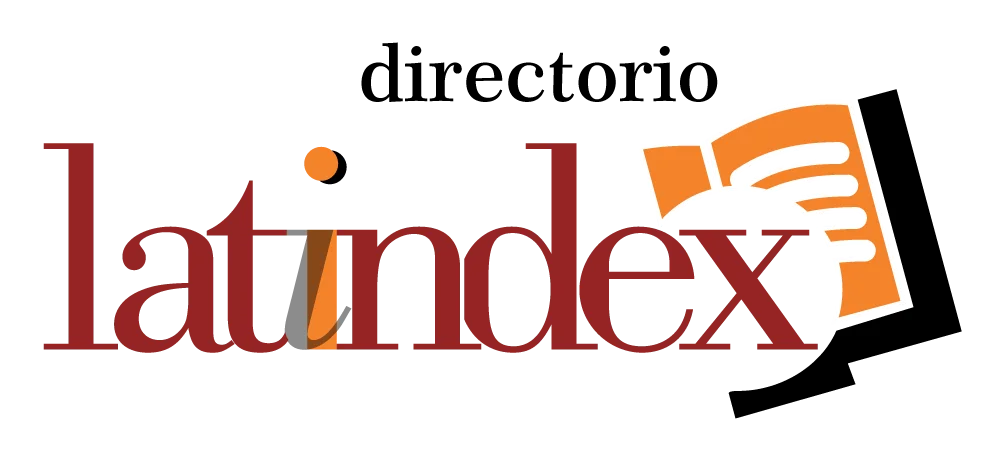About the Journal
Aim:
Rehabilitation and Sports Medicine is an interdisciplinary journal dedicated to research and development in the fields of rehabilitation and sports medicine. Its main focus covers physical rehabilitation, prevention and treatment of sports injuries, performance optimization, and recovery strategies for athletes and active individuals.
The journal aims to promote collaboration among diverse disciplines and professionals, encouraging the integration of innovative approaches and technologies to improve recovery, physical performance, and quality of life.
Scope:
The journal Rehabilitation and Sports Medicine accepts original research articles, literature reviews, and other types of contributions addressing a wide variety of rehabilitation-related topics. The topics of interest include, but are not limited to:
-
Physical Rehabilitation: Physical and occupational therapy for recovery from injury and disability; development of exercise- and movement-based rehabilitation techniques; assistive technologies to enhance function and quality of life; prevention and health promotion strategies in physical rehabilitation.
-
Sports Medicine: Prevention, diagnosis, and treatment of sports injuries; return-to-play programs; performance optimization and recovery strategies for athletes and active populations; research on specific rehabilitation and conditioning techniques for sports.
-
Neurological Rehabilitation: Therapies and programs for individuals with neurological injuries or disorders; advances in neurorehabilitation based on brain stimulation and neuroplasticity; research on nervous system recovery and adaptation after injury; development of innovative neurorehabilitation technologies.
-
Preventive and Performance Medicine: Strategies for injury prevention, load management, and physical preparation; monitoring and assessment of athletic performance; recovery science; integrative approaches to maintaining health and maximizing performance in sports and active lifestyles.
Visibility and Open Access:
The journal follows an open access model, which maximizes the visibility of published articles.
Frequency of publication:
The journal follows a continuous publication model, where articles after acceptance are typeset and published in a single volume per year. Therefore, the call for submissions is permanently open.
Speed of publication:
The journal manages the following times of the editorial process: 5 days for the first response from the section editor or pass to peer review; 20 to 30 days responses from the editor on the observations of peer reviewers; 5 to 7 days in layout, metadata uploading and publication on the journal's site.
The editorial team combines rigorous peer review with the efficient timing of the editorial process, which is done exclusively in electronic format.
Promotion and dissemination strategy:
The journal develops a strategy to promote and position published articles on social networks and web platforms, which contributes to increase exposure and access to the articles.
Financial Support
This site is financially supported by AG Editor, as part of its commitment to the dissemination of knowledge and editorial production in the region.
Editorial
AG Editor (Argentina) is the Argentine branch of AG Editor, a company with offices in Argentina - AG Editor (Argentina), Paraguay - AG Editor (Paraguay), and Uruguay - AG Editor (Uuguay).
AG Editor (Argentina)
Editorial Record File No.: RL-2024-23113893-APN-DNDA#MJ
Address: Nazarre 3468, Ciudad Autónoma de Buenos Aires, Argentina. CP: 1428
Email: editorial@ageditor.ar




